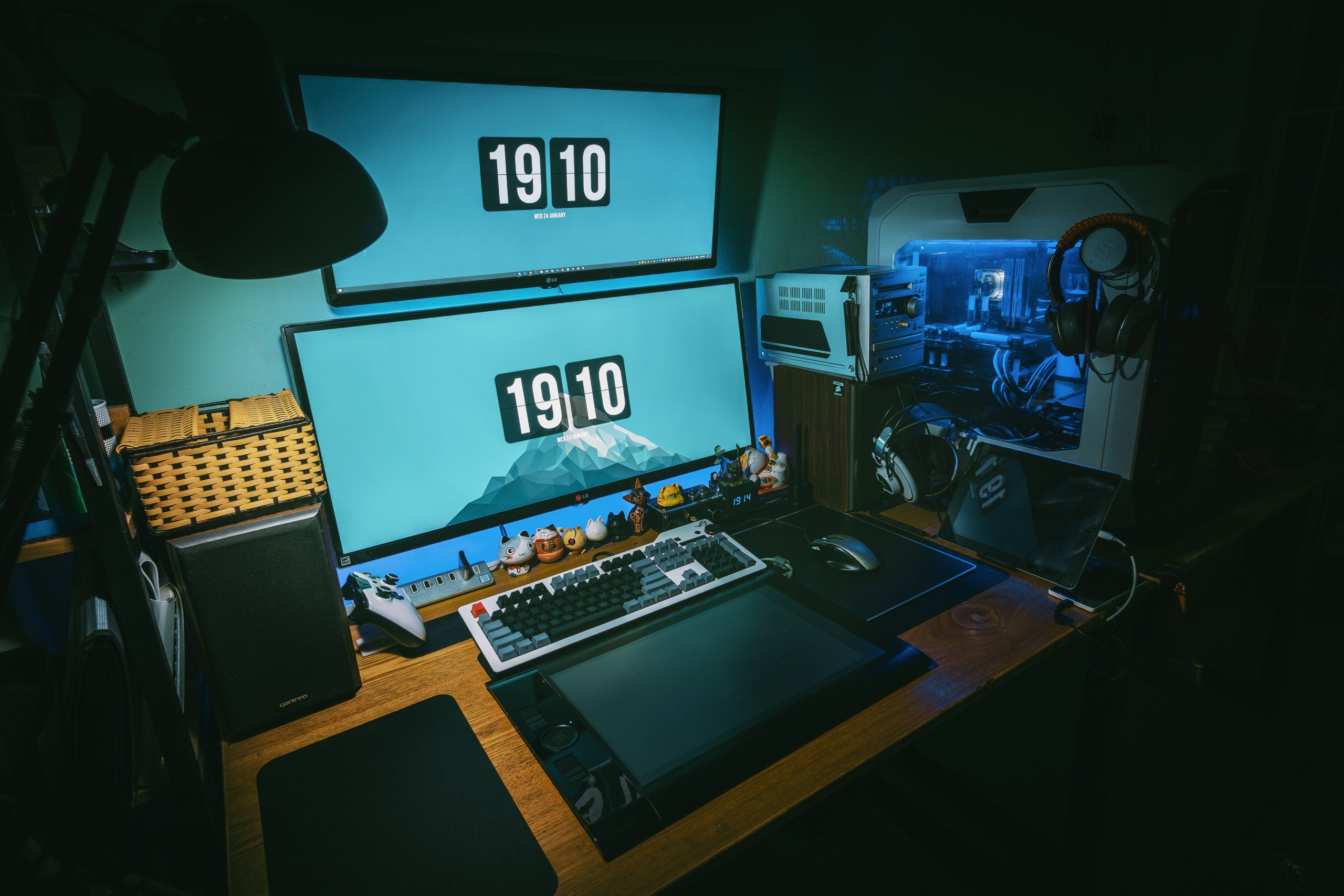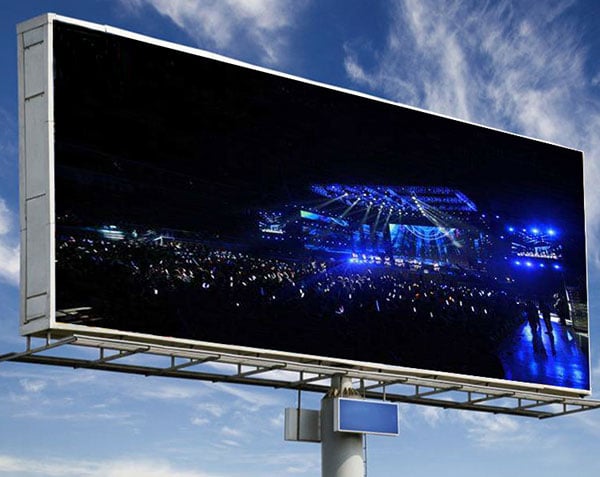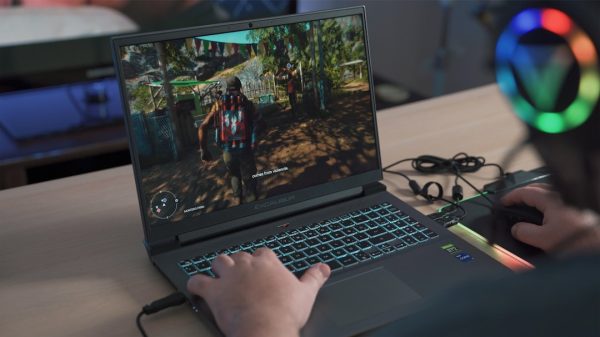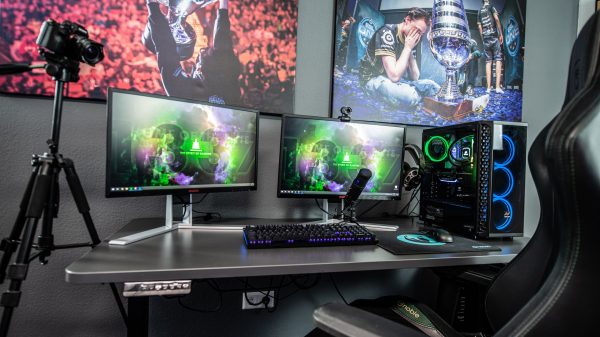With the increasing popularity of gaming, many enthusiasts are faced with a common dilemma when it comes to choosing between a gaming laptop and a gaming PC. Both options have their advantages and disadvantages, making the decision a challenging one. In this article, we will explore the key factors to consider when deciding between a gaming laptop and a gaming PC for your next purchase.

1. Portability
One of the primary advantages of a gaming laptop is its portability. Laptops are compact, lightweight, and designed to be easily carried around, allowing you to enjoy gaming on the go. If you travel frequently or prefer gaming in different locations, a gaming laptop offers the convenience of mobility.
2. Performance
When it comes to raw performance, gaming PCs generally have the edge over laptops. PCs can be customized with high-end components such as powerful processors, dedicated graphics cards, and ample RAM, delivering exceptional gaming performance. PCs also offer better cooling systems, which can handle demanding games and prevent overheating. However, gaming laptops have made significant advancements in recent years, and you can find models with impressive hardware capable of running most modern games smoothly.
3. Upgradeability
One of the major advantages of a gaming PC is its upgradeability. PC components are generally more accessible and easier to replace or upgrade compared to laptops. With a PC, you have the flexibility to upgrade the processor, graphics card, RAM, and storage as new and more powerful components become available. This allows you to keep your system up to date with the latest technology and extend its lifespan.
4. Display and Immersion
Gaming laptops typically come with built-in displays, which vary in size and quality. They offer the convenience of an all-in-one package, eliminating the need for an external monitor. On the other hand, gaming PCs allow you to choose from a wide range of high-resolution monitors, offering a more immersive gaming experience with larger screen sizes, higher refresh rates, and better color accuracy.

5. Price
When comparing prices, gaming PCs tend to be more cost-effective than laptops. PCs generally offer better performance at a lower price point due to the ability to customize and choose individual components. Gaming laptops, on the other hand, require additional engineering to pack powerful hardware into a compact form factor, which often results in higher prices. However, it’s essential to consider your specific needs and budget when making a decision, as high-end gaming PCs can also be quite expensive.
6. Maintenance and Repair
Maintaining and repairing gaming PCs is generally easier compared to laptops. PCs are modular, meaning you can replace faulty components individually without needing to replace the entire system. Additionally, PC components are readily available and often easier to find, making repairs more convenient. Gaming laptops, on the other hand, require specialized knowledge and tools for repairs, and in some cases, certain components may not be easily replaceable.
7. Future Compatibility
Considering future compatibility is crucial when making a long-term investment in a gaming system. PCs have an advantage in this aspect as they offer greater flexibility for upgrades and compatibility with new technologies. Laptops, while capable of running current games, may struggle to keep up with future game releases as their hardware becomes outdated.
Choosing between a gaming laptop and a gaming PC ultimately depends on your specific needs and priorities. If portability is a key factor and you require the flexibility to game on the go, a gaming laptop may be the ideal choice. However, if raw performance, customization options, and upgradeability are more important to you, a gaming PC offers greater power and flexibility. Consider factors such as portability, performance, upgradeability, display options, price, maintenance, and future compatibility to make an informed decision that suits your gaming preferences and budget.


































